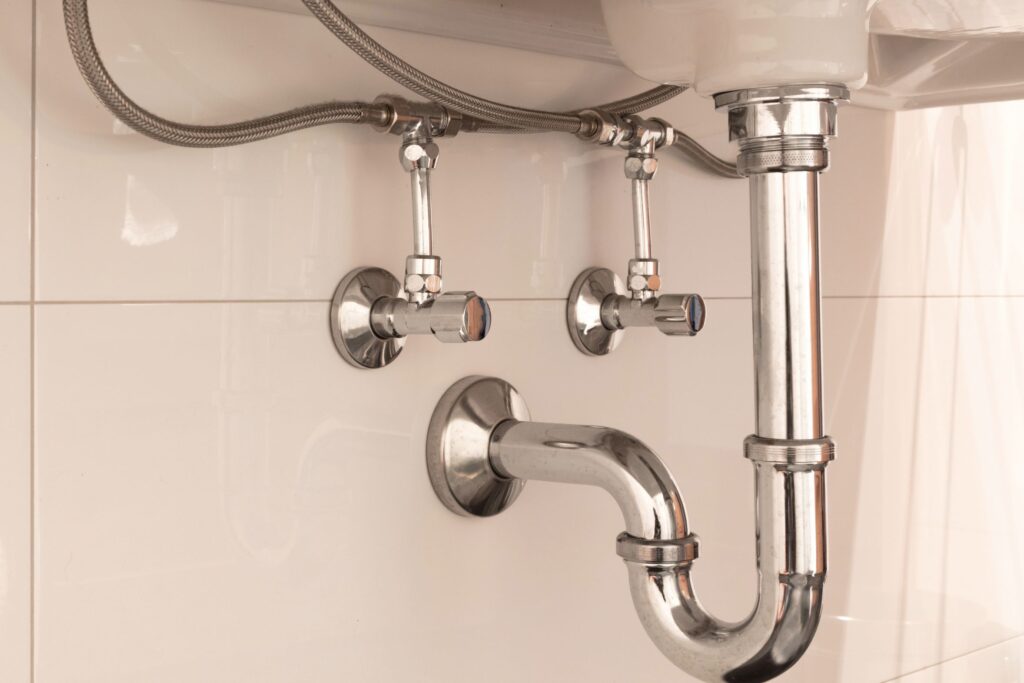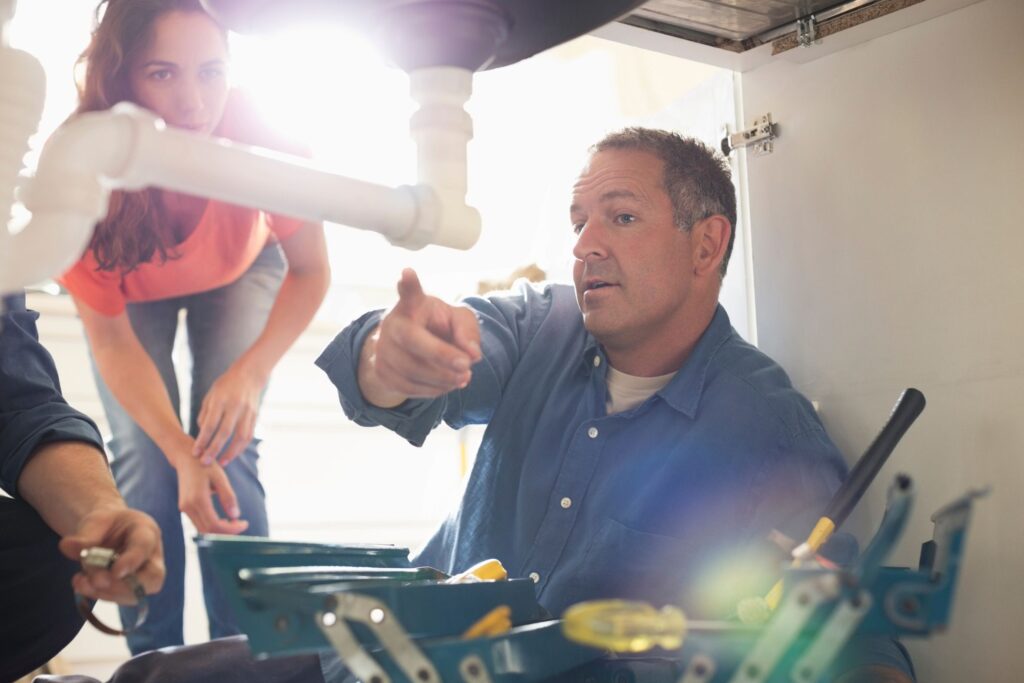Encountering a foul odor in your basement is more than just a nuisance; it could point to significant plumbing problems needing swift resolution. Mason Plumbing & Drain recognizes the urgency of these situations and is committed to helping you pinpoint and tackle the issue successfully. In this post, we’ll explore various causes of basement sewage smells, provide steps for potential self-remediation, and highlight when it’s crucial to enlist professional plumbing services.
Pinpointing the Source of Basement Sewage Smells
Several factors might result in sewer-like smells emanating from your basement. Identifying these sources is key to resolving the issue. Here are some typical causes:
1. Dry or Inactive P-Traps

The U-shaped pipes under sinks and drains, known as P-traps, are engineered to trap water, forming a barrier against sewer gases. They can emit odors if they dry out, often due to infrequent use.
2. Broken or Compromised Sewer Lines
Sewer lines might break due to aging, ground movement, or tree root invasion, causing leaks and unpleasant smells.
3. Clogged Sewer Lines
A blockage within a sewer line can push waste back into your home, resulting in odors. These blockages typically arise from grease, debris, or foreign objects.
4. Faulty Venting
Adequate venting allows waste gases to safely exit your home. Blocked vents or incorrect installations can lead to the accumulation of harmful gases.
5. Water Accumulation or High Moisture Levels

Flooding or excessive moisture fosters mold and mildew, which contribute to unpleasant smells.
Addressing Basement Sewage Smell Issues
Some sewage smell sources may be manageable without professional help. Here are a few DIY solutions:
Replenish P-Traps
Running water into unused drains can restore the water seal in dry P-traps, especially in rarely used basement floor drains.
Clear Blocked Drains
Minor blockages can be tackled with a plunger or a plumber’s snake. Stay away from harsh chemical cleaners as they might damage pipes over time.
Check and Clear Vent Pipes
Safely access your roof to inspect vent pipes for leaves, debris, or nests that might be blocking gas escape.
Control Basement Humidity
Using a dehumidifier and promptly addressing leaks can reduce moisture, curbing mold growth and its associated odors.
When to Seek Professional Plumbing Help
While minor issues can be managed with DIY approaches, certain situations demand a plumber’s expertise:
Persistent Sewage Smells
Stubborn odors merit a plumber’s in-depth inspection to uncover hidden problems like cracked sewer lines.
Significant Sewer Line Blockages
Professionals possess the specialized equipment needed to remove severe clogs in main sewer lines.
Leaking or Damaged Plumbing
Professional evaluation and repair or replacement are necessary to mitigate the risk of further damage.
Complicated Venting Issues
Plumbers can resolve venting problems to ensure gases are vented safely and effectively.
Emergency Situations
Immediate professional intervention is necessary when sewer backup causes flooding or substantial water damage.
Here’s a list of our complete plumbing repair and maintenance services in Mason, Ohio!

Addressing basement sewage smells quickly is crucial for maintaining a safe and healthy home environment. While some issues can be resolved with DIY methods, knowing when to call Mason Plumbing & Drain can prevent further complications and ensure peace of mind.
For any plumbing concerns you encounter, remember that caution is key. Our proficient team is prepared to assist with any plumbing needs. Reach out to us to learn how we can help maintain your home’s safety and freshness.
Call Mason Plumbing & Drain today at (513) 298-6996, or schedule an appointment online now by clicking here!



